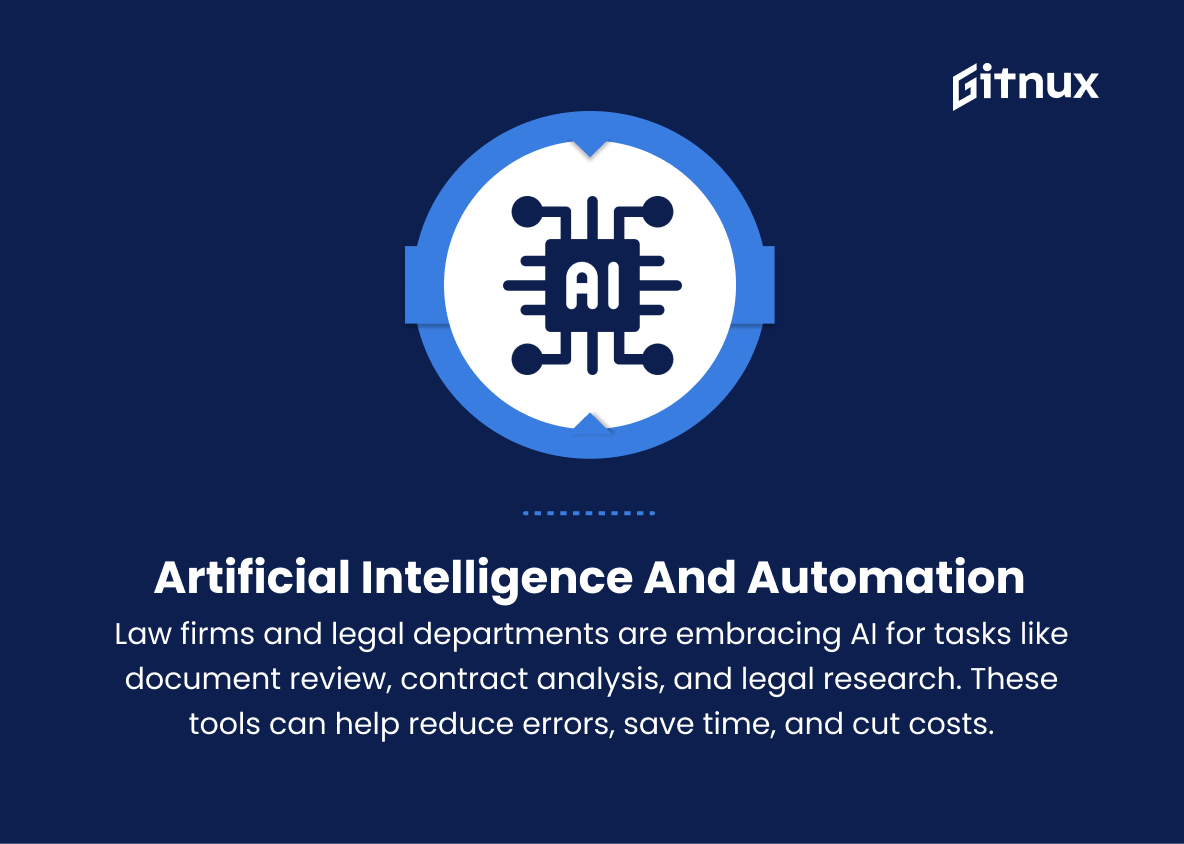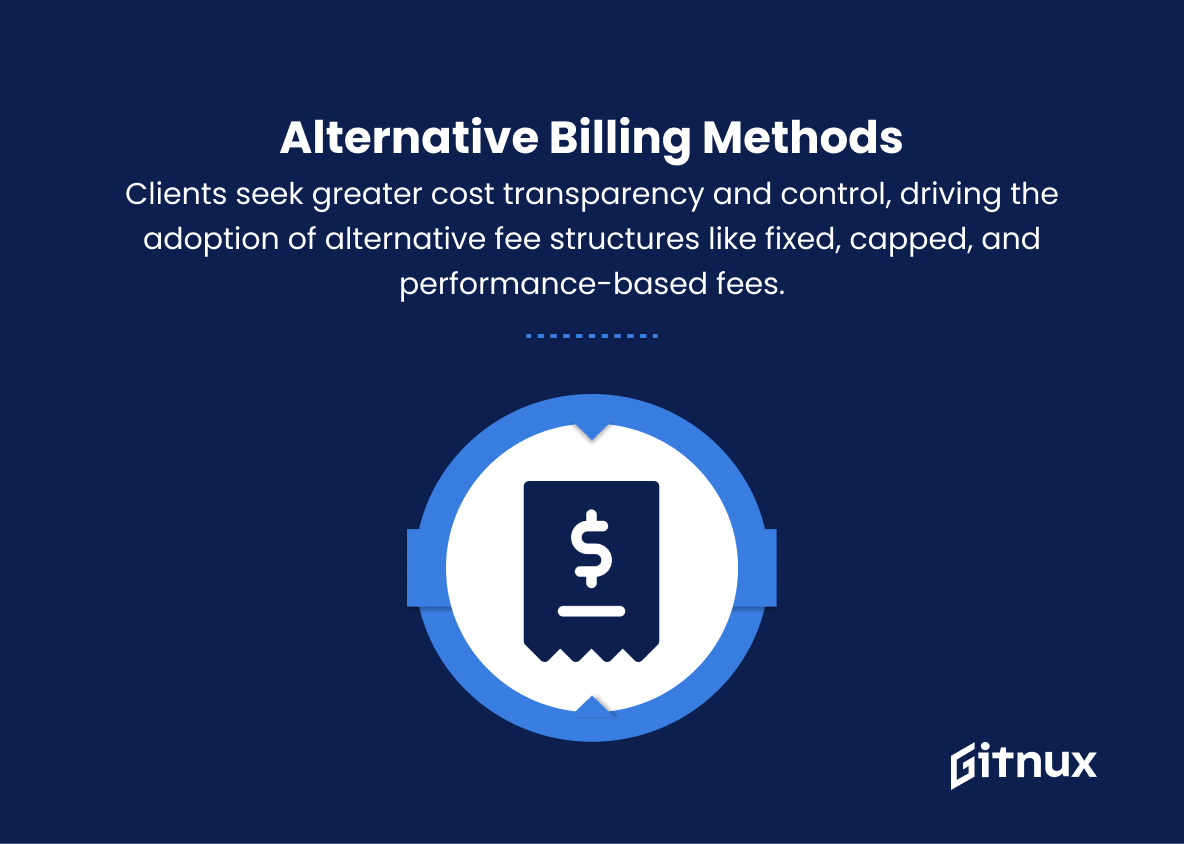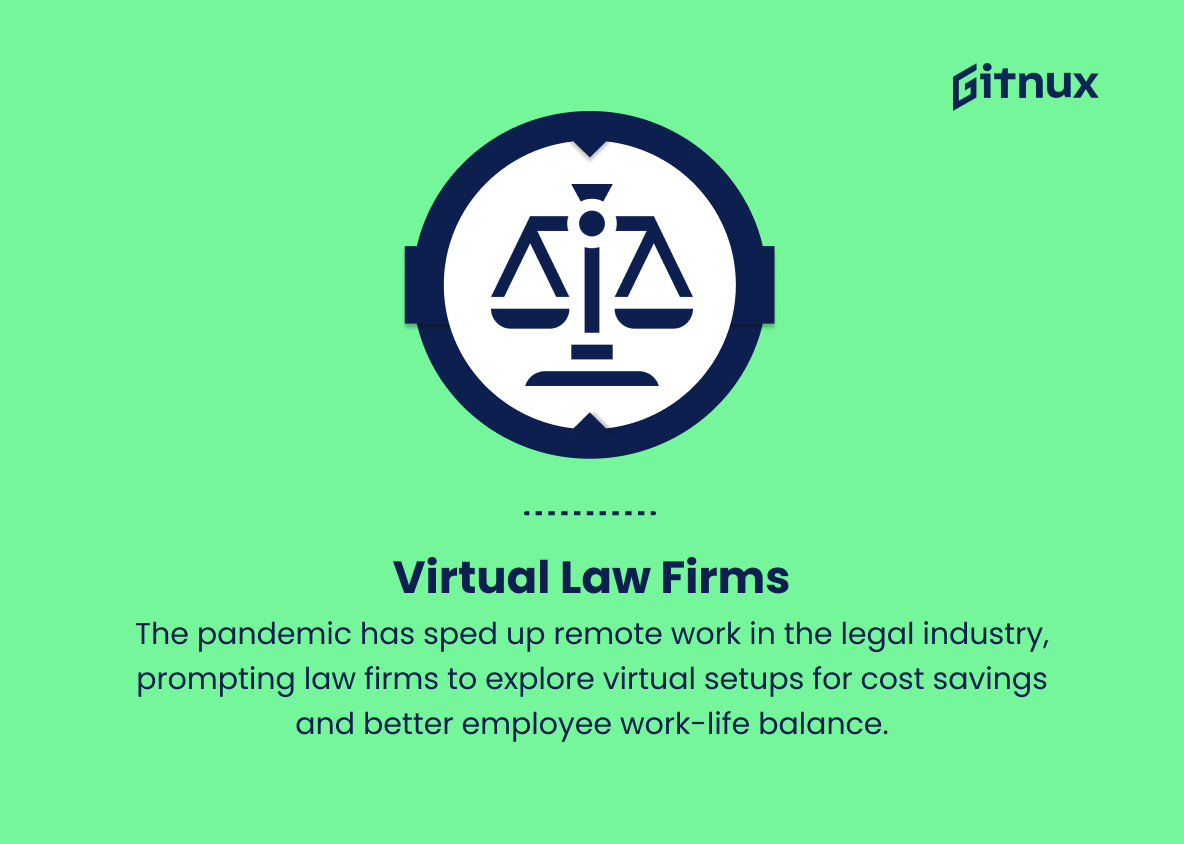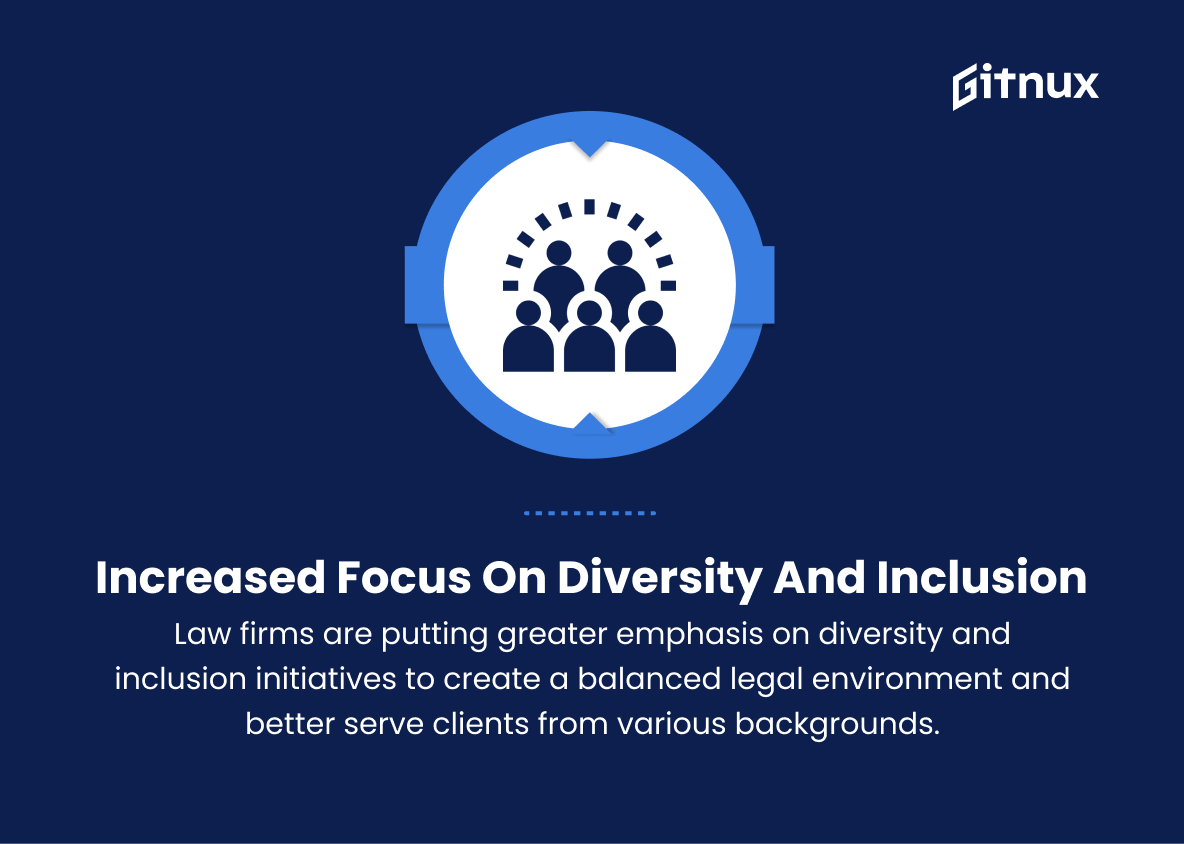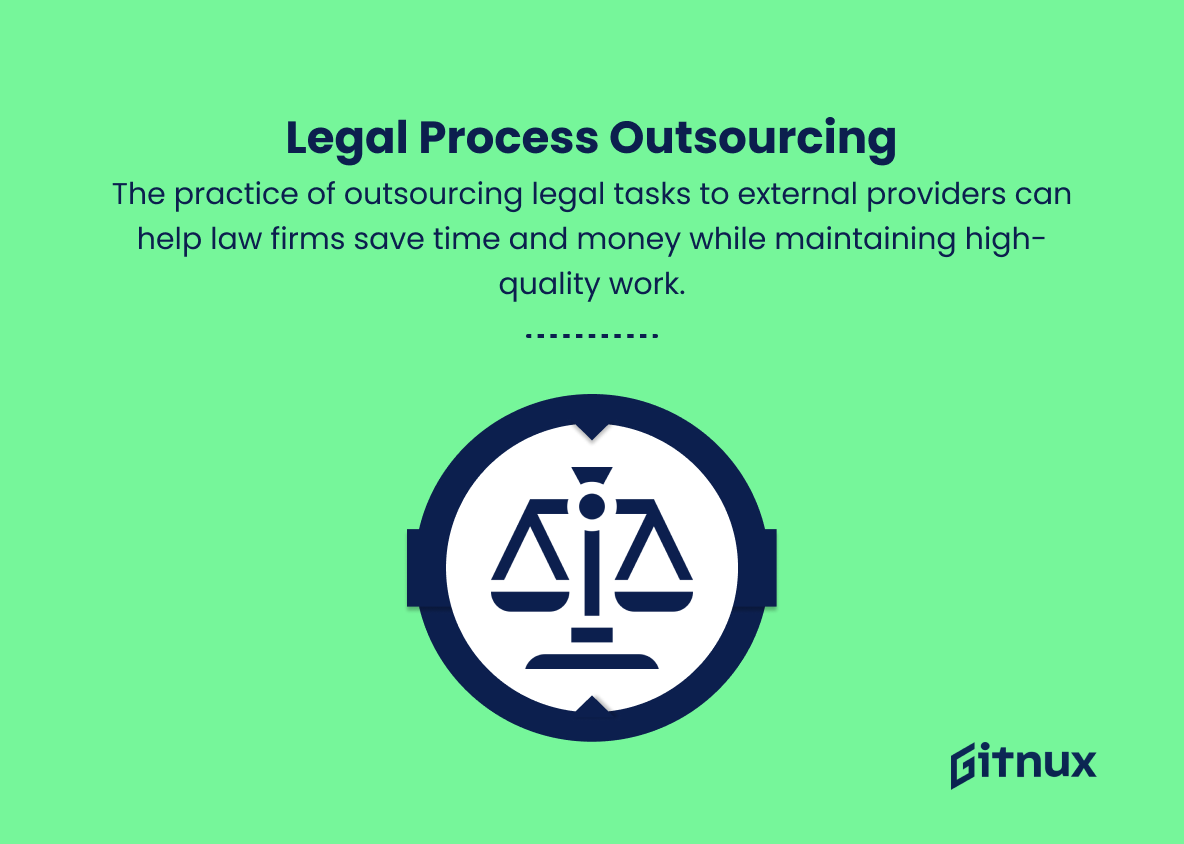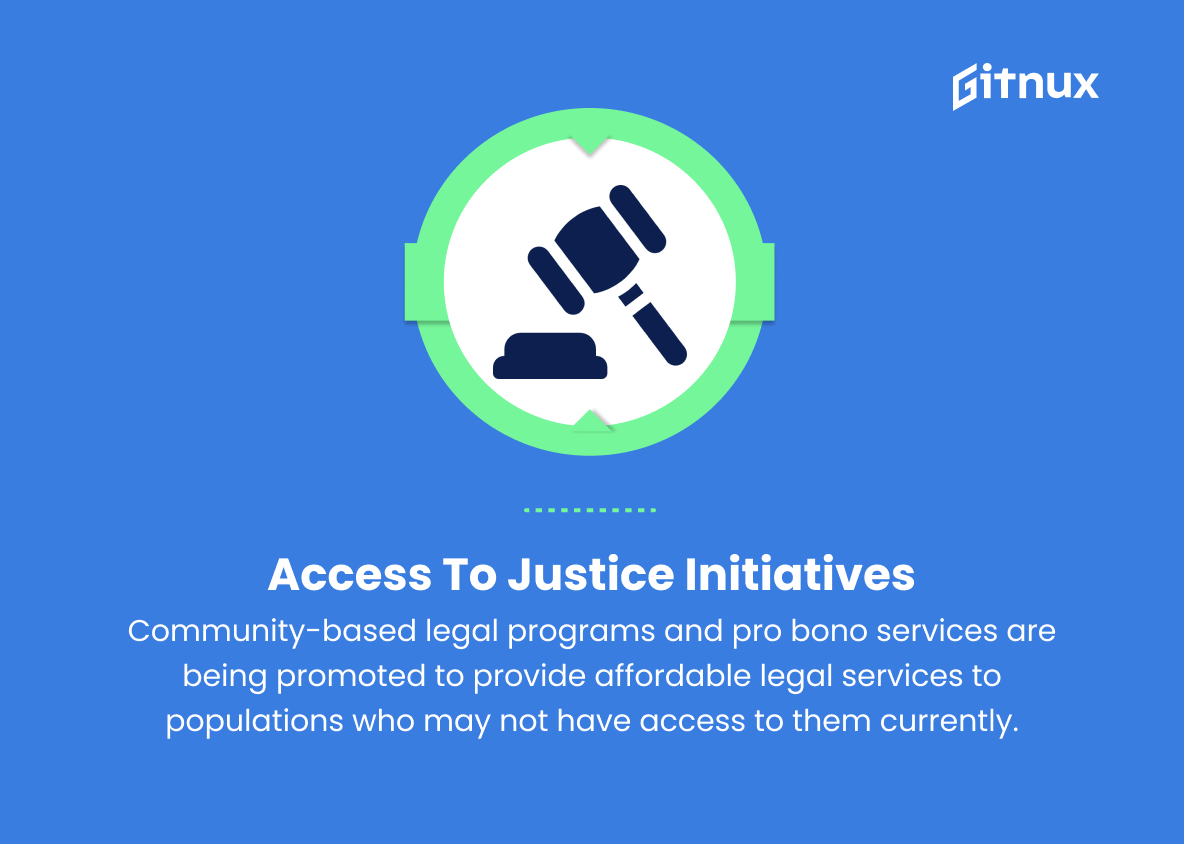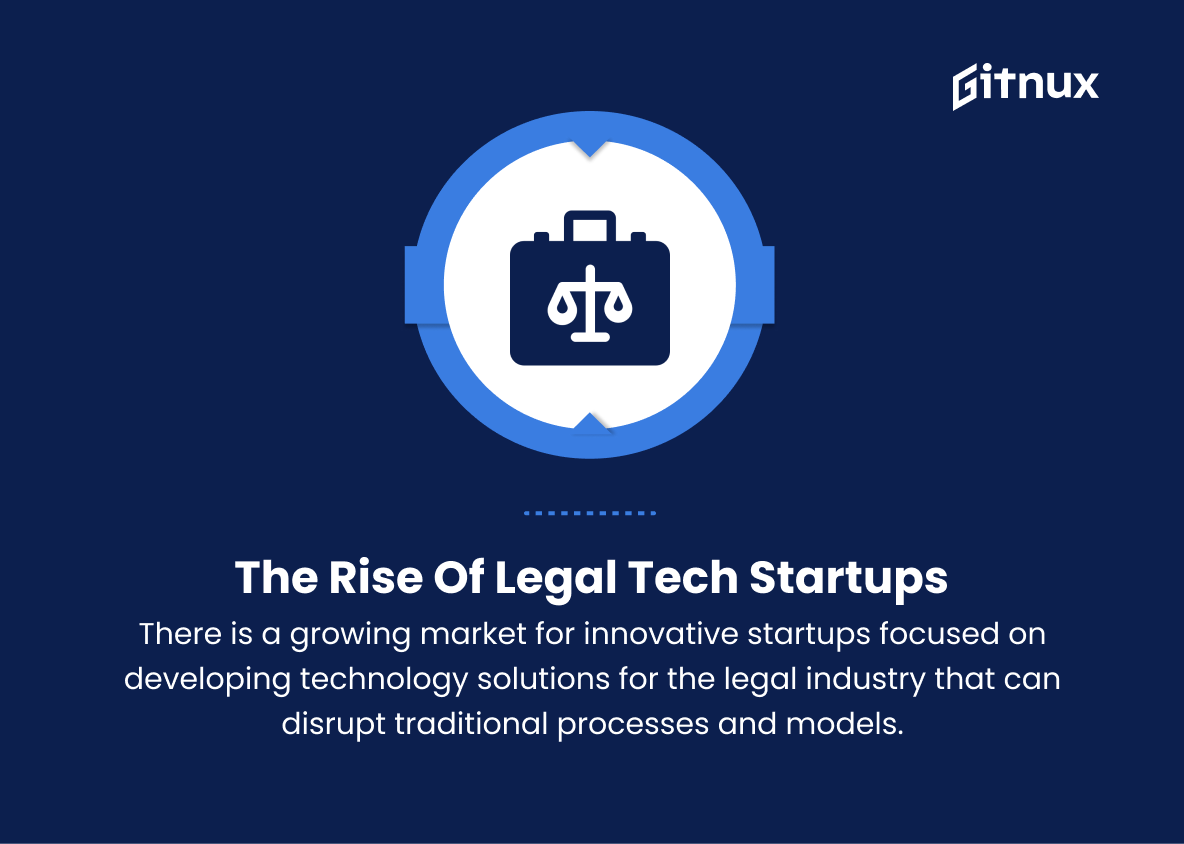The legal industry has never been immune to change, but recent years have witnessed an accelerated transformation that is significantly redefining the landscape. Driven by progressive technological advancements, shifting client expectations, and an increasingly competitive market, it’s imperative for legal professionals to remain well-informed about the latest trends shaping the industry.
In this thought-provoking blog post, we will delve into the most crucial legal industry trends impacting not only the way firms operate, but also how they strategize for future success. From the rise of artificial intelligence to the growing demand for remote legal services, this comprehensive analysis aims to shed light on the essential shifts that will influence the legal sector for years to come.
Top Legal Industry Trends
1. Artificial intelligence and automation
Law firms and legal departments are embracing AI for tasks like document review, contract analysis, and legal research. These tools can help reduce errors, save time, and cut costs.
2. Online legal services
Platforms that offer online legal advice, document preparation, and dispute resolution are becoming more popular. This allows clients to access legal services from the comfort of their homes and at a lower cost.
3. Data privacy and cybersecurity
As data breaches become more common, legal professionals must stay informed about data protection regulations and the latest cybersecurity threats to better serve their clients and protect their firms.
4. Alternative billing methods
Clients are demanding more transparency and control over legal costs. This has led to the adoption of alternative fee structures such as fixed fees, capped fees, and performance-based fees.
5. Virtual law firms
The pandemic has accelerated the trend of remote work in the legal industry. Many law firms are now considering transitioning to a virtual setup to cut costs and improve work-life balance for their employees.
6. Collaboration and project management tools
Advanced software solutions for project management and communication are increasingly essential for legal teams to improve efficiency and collaborate seamlessly.
7. Increased focus on diversity and inclusion
Law firms are putting greater emphasis on diversity and inclusion initiatives to create a balanced legal environment and better serve clients from various backgrounds.
8. Legal process outsourcing (LPO)
The practice of outsourcing legal tasks to external providers can help law firms save time and money while maintaining high-quality work.
9. Access to justice initiatives
Community-based legal programs and pro bono services are being promoted to provide affordable legal services to populations who may not have access to them currently.
10. Legal analytics
Legal professionals are using data analytics to better understand trends, predict outcomes, and make more informed decisions, such as the likelihood of winning a case or the best strategy for negotiation.
11. Cross-disciplinary skills
Lawyers are increasingly expected to have a broad knowledge of various industries (e.g., finance, technology, healthcare), so they can provide specialized counsel to clients in different sectors.
12. Continuous legal education
Lifelong learning is seen as essential for legal professionals to stay updated on changing laws, regulations, and best practices.
13. The rise of legal tech startups
There is a growing market for innovative startups focused on developing technology solutions for the legal industry that can disrupt traditional processes and models.
14. Globalization and cross-border practice
With companies operating in different jurisdictions, legal professionals need to navigate multiple legal systems and collaborate with international counterparts.
15. Sustainability and environmental law
As businesses and governments focus on sustainability, lawyers with expertise in environmental law will be in high demand to help clients comply with regulations and mitigate risks.
Implications
The legal industry is undergoing a massive transformation as a result of emerging trends such as artificial intelligence, automation, and data privacy concerns. Law firms and legal departments are adopting AI and automation for tasks like document review and legal research, which can help reduce errors and save time. Meanwhile, online legal services are enabling clients to access legal assistance more conveniently and affordably.
Data privacy and cybersecurity have become top priorities for legal professionals, as they need to stay informed about the latest regulations and threats to better serve clients. Alternative billing methods are being adopted to offer transparency and control over costs, while virtual law firms are allowing for more flexible work arrangements. Collaboration, project management tools, and legal analytics are also being utilized to improve efficiency and decision-making within the sector.
As law firms prioritize diversity and inclusion, they are better equipped to cater to clients from various backgrounds. Legal process outsourcing (LPO) is helping save time and money while maintaining high-quality work. Additionally, access to justice initiatives, continuous legal education, and the rise of legal tech startups are ensuring more affordable and efficient legal services for all.
With the increasing globalization of businesses and growing focus on sustainability, legal professionals are required to develop cross-disciplinary skills and expertise in environmental law to stay relevant and competitive in this rapidly evolving landscape.
Conclusion
As the legal landscape continues to evolve, we observe marked shifts in client demands, technology advancements, and regulatory changes that are influencing the industry’s trajectory. Law firms and legal professionals must stay informed and proactively adapt to these trends in order to remain competitive and deliver the best services to their clientele.
To thrive in the constantly changing legal environment, it’s essential to use technology-driven legal solutions, collaborate and be flexible, and prioritize diversity and inclusion. These actions are not only important for success, but also for positioning the industry as a driver of innovation and progress toward a more accessible and equitable justice system. In conclusion, staying informed of these trends and strategizing accordingly should be paramount for any legal professional seeking success in today’s dynamic industry.
